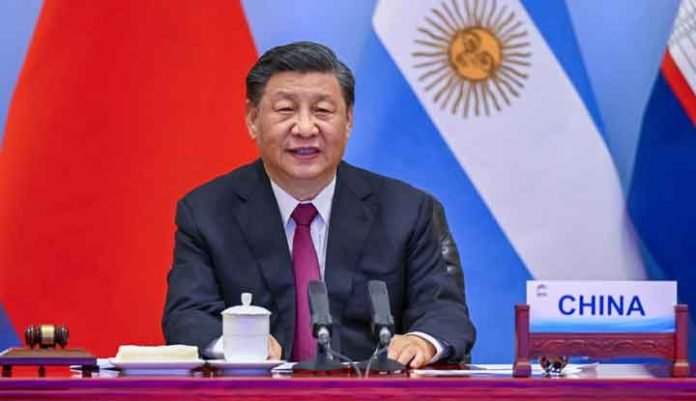Beijing is recalibrating its stance toward Iran following the United States’ direct military strikes on Iranian nuclear sites, signaling a more cautious tone despite its longstanding partnership with Tehran. While China initially condemned Israel’s June 12 attacks on Iranian soil, its rhetoric has noticeably softened as regional tensions escalate and the US takes a more active military role.
Saturday’s US airstrikes marked a turning point in the Israel-Iran conflict, pulling Washington into the war with a targeted assault on Iranian nuclear infrastructure. The strikes prompted global reactions, with China’s public position reflecting a careful balancing act—voicing support for Iran while avoiding direct confrontation with Israel or the United States.
China and Iran have grown increasingly close over the past decade, underscored by a 25-year strategic partnership signed in 2021 covering economic, military, and security cooperation. Their cooperation has extended to regular joint military drills and energy deals, making Tehran a vital node in Beijing’s Belt and Road Initiative. Iran’s sizable population and massive crude oil reserves enhance its appeal as a long-term strategic partner.
Still, Beijing’s core interest lies in the uninterrupted flow of energy. Nearly 20 million barrels of crude oil pass through the Strait of Hormuz daily, representing about 20% of global supply. Roughly half of China’s oil imports transit this crucial waterway. As tensions rise, the potential closure of the strait could severely disrupt markets—but China may quietly benefit if the resulting energy shocks hurt Western economies more than its own.
To mitigate sanctions risk, Beijing has long employed workaround strategies, including yuan-based transactions and bypassing Western financial and shipping networks, allowing it to continue purchasing Iranian oil with minimal exposure to US-led sanctions.
Despite its strategic alignment with Tehran, Chinese foreign policy experts suggest Beijing will likely avoid direct involvement in the conflict. “China will keep its hands off Iran in any case,” said Neo Wang, lead China economist at Evercore ISI. “Its influence over Israel is limited, and a prolonged US distraction in the Middle East may serve Beijing’s strategic calculus.”
China’s careful positioning is also shaped by its ongoing economic tensions with Washington, including a simmering trade war. Analysts suggest Beijing sees value in Washington being drawn deeper into the Middle East, potentially diverting US attention from Indo-Pacific affairs and economic competition.
After initially condemning Israel’s strikes as a violation of Iranian sovereignty, Beijing’s foreign ministry quickly pivoted to a more neutral tone. During a call with Israeli officials, Chinese Foreign Minister Wang Yi labeled Israel’s actions “unacceptable,” but stopped short of issuing a formal condemnation—opting instead to call for dialogue and a ceasefire.
“China is treading a diplomatic tightrope,” analysts at Eurasia Group noted. “It aims to maintain alignment with Iran while minimizing fallout with Israel, seeking to contain regional instability that could threaten China’s energy access and economic interests.”
















